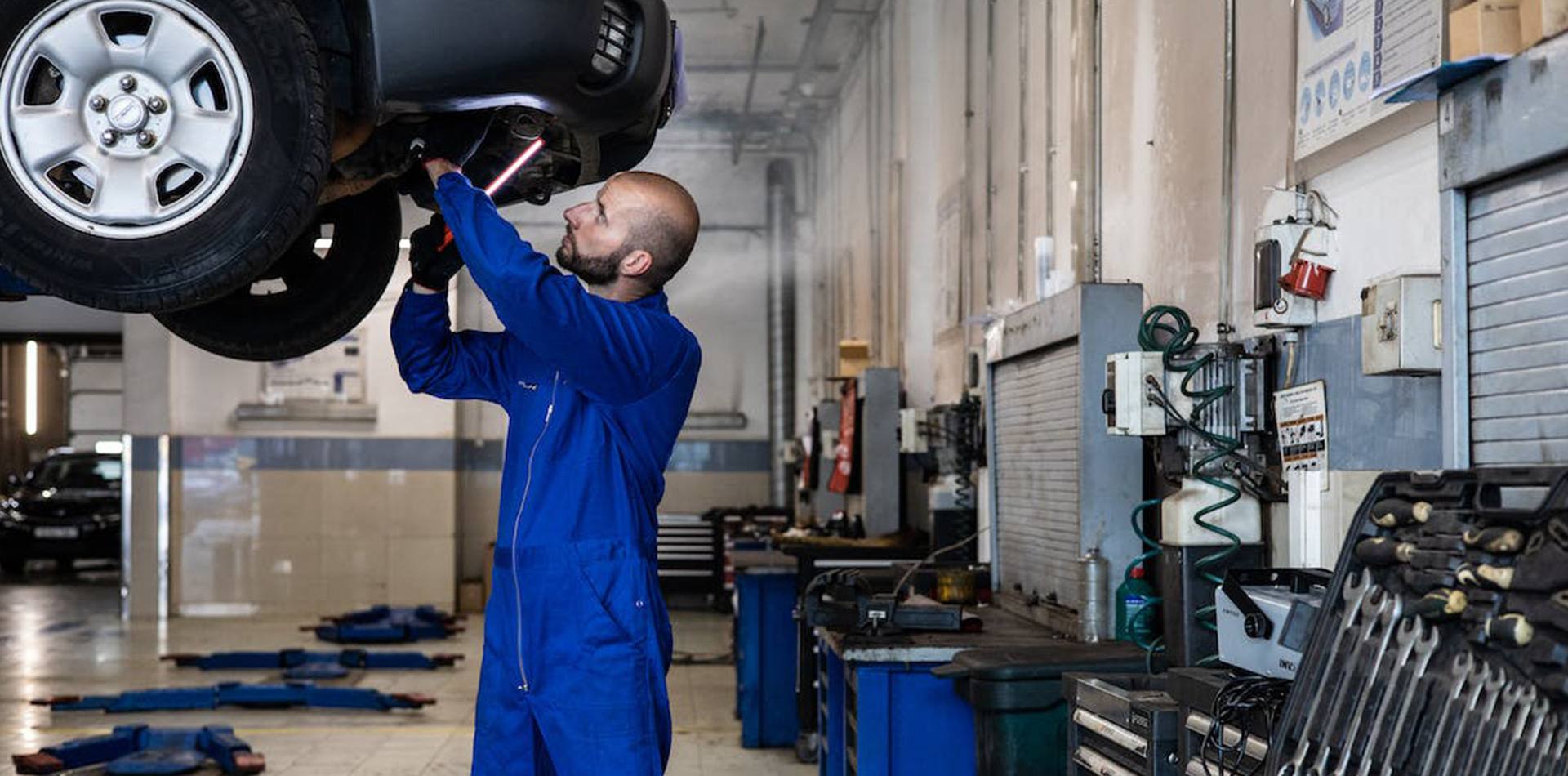When a car has been in an accident, it doesn’t matter whether the damage was repaired perfectly and the car restored to its pre-accident condition; it will almost certainly decrease in value.
When buyers look at a vehicle’s history and see that it has been in a wreck, they automatically assume the car is damaged goods. It simply won’t sell for as much as it was worth before the accident. It stands to reason that the more expensive the vehicle, the more the owner will lose when it’s time to sell the car.
The term for this loss is “diminished value” (or DV) and, if you are not at fault in an accident, it can be avoided.
Know What to Do After an Accident
Knowing how to avoid diminished value starts with knowing what to do after an accident. What takes place immediately after an accident can make or break a diminished value claim.
Taking care of any injuries should, of course, take priority over everything else. If someone is injured, call 9-1-1 immediately.
If vehicle damage is minor, move the cars from the roadway to prevent possibly causing another accident. If you can do so safely, photograph the scene before moving the vehicles, but never risk life and limb to take a picture.
Call local law enforcement. Depending on the seriousness of the accident, the police may not respond, but regardless, you should document the accident as clearly as possible.
If law enforcement responds to the accident:
- Calmly explain what happened.
- Get the name of the officer and the badge number.
- Obtain a police report if you can.
Whether or not police come to the scene of the accident, you should take plenty of photos to document the damage. These will help when filing an insurance claim or accident report.
Along with taking photos, while the accident is fresh in your mind write down as much information about the accident as you can recall:
- Date
- Time
- Location
- Weather conditions
- Details of what happened
If anyone witnessed the accident, try to get names and phone numbers. Their testimony may be needed later on.
Finally, and perhaps most importantly, before leaving the accident site, get the following information from the other driver:
- Name
- Address
- Phone number
- The name of his/her insurance provider
- Auto insurance policy number
- Driver’s license number
- The license plate number of the vehicle
- Make and model of the vehicle
Don’t wait to file the claim with your insurance company. And don’t wait to file a diminished value claim. This is not filed with your insurance carrier; it’s up to you to file a DV claim with the other driver’s insurance company.
That’s when you’ll be glad you so conscientiously documented the wreck and recorded all the necessary details. Insurance companies are notorious for not wanting to pay on DV claims or to devalue them.
Proving Diminished Value After an Accident
The burden of proof in a DV claim is on the person filing it. All of that great information you collected after the accident will help prove your case, but what will get you the most money is an irrefutable auto appraisal from an unbiased expert.
After your vehicle has been repaired, hire a professional auto appraiser with a deep knowledge of the industry. The appraiser will go over your car from grill to taillights, evaluating its condition. A good working knowledge of the current car market helps assess the fair market value of your vehicle before it sustained damage versus its value post-accident.
An accurate, well-documented professional appraisal report is more difficult for an insurance company to dispute than a figure you might come up with using a free online calculator.
When It Absolutely Has to Be Accurate
When you need an accurate auto appraisal–for a diminished value claim or for any other reason–the experts at Auto Mediator can be trusted to deliver. With 25 years of experience in the auto industry, they know their business, and they will provide a well-documented, fair and reliable appraisal.
